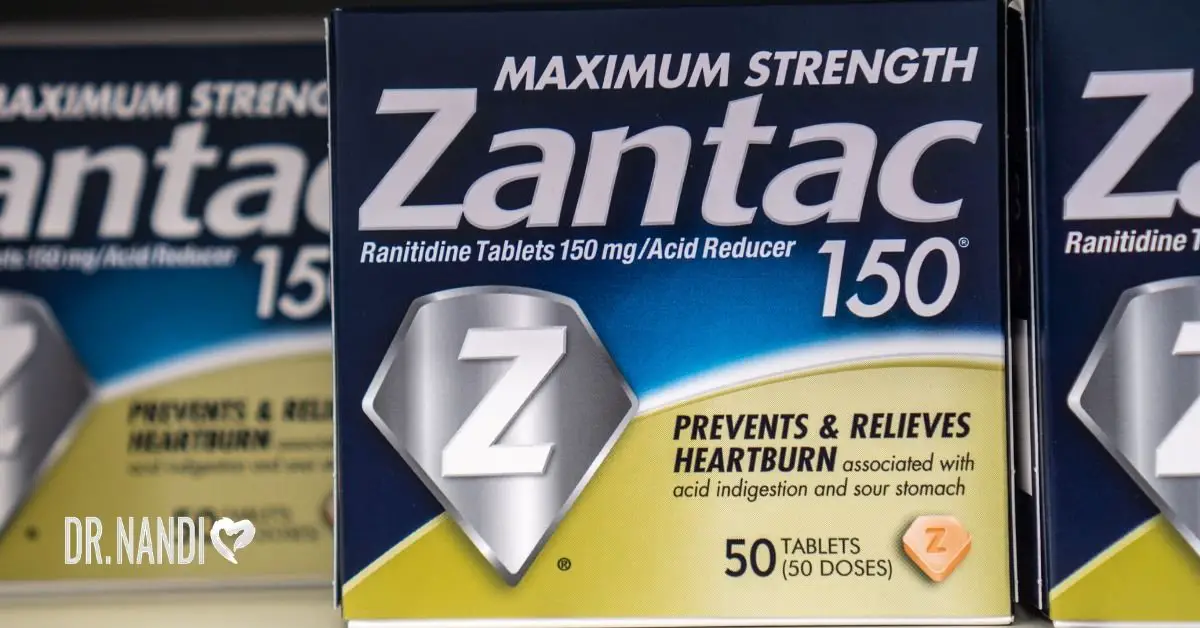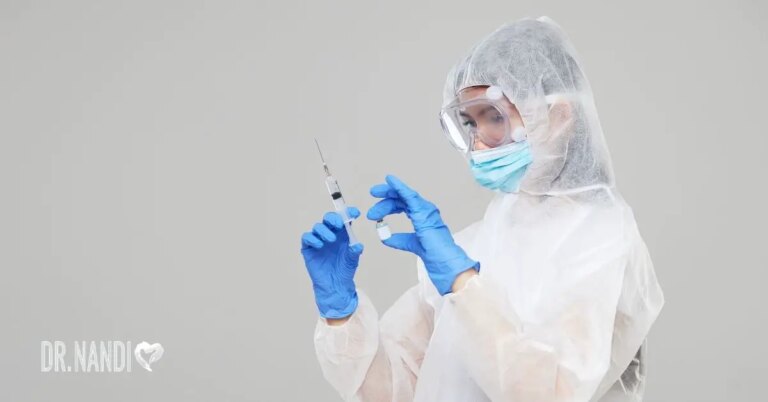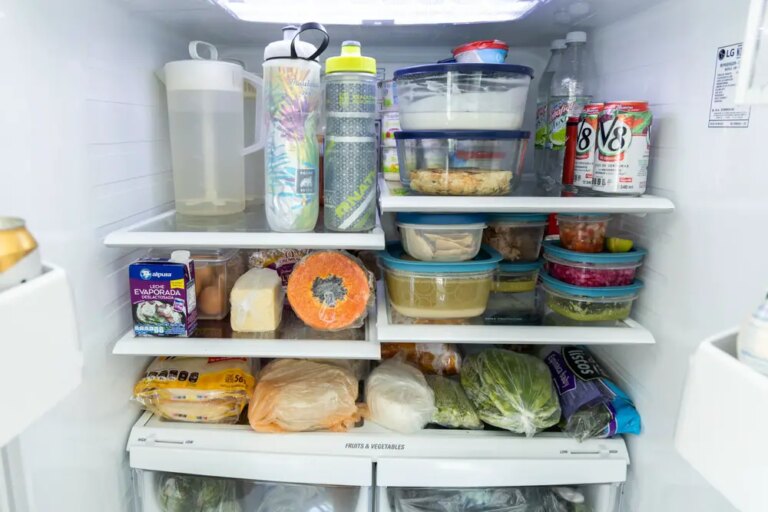Low levels of a potentially dangerous chemical called N-nitrosodimethylamine (NDMA) have been found in the popular heartburn medication Zantac. It works by decreasing the amount of acid made in the stomach. This isn’t the first time we’ve seen NDMA in the news. The same nitrosamine impurity was found in the blood pressure medication Valsartan prompting widespread recalls in 2018. In this case, low-levels of NDMA were found in samples of ranitidine, an ingredient in Zantac and other related generic versions. This is concerning because it’s been classified as a ‘probable human carcinogen’ – meaning it is likely to cause tumors in the liver and other organs.
Am I At Risk If I Take Zantac?
Randitine is also available with a prescription. Many of my patients take this medication for things like GERD, reflux, or to prevent ulcers in the stomach and intestines. So I’m very familiar with this medication. Now, the FDA says the levels of NDMA are barely exceeding the amount found in common foods. But it is still unclear wheater or not patients are at risk at these levels. NDMA is a known environmental contaminant found in meats, vegetables, and dairy products. It’s also found in water.
Should I Stop Taking Zantac?
The FDA does not recommend anyone stop using their medications. However, I’m asking my patients to minimize their dosage where possible until we have more information. Safety is the top priority. So, if you’re taking ranitidine, make sure to talk to your doctor before making any changes. For anyone taking ranitidine over the counter, look into other options that have been approved for the same or similar use.
If you’ve had adverse reactions to ranitidine, you can submit an online report on their website by clicking here.



















